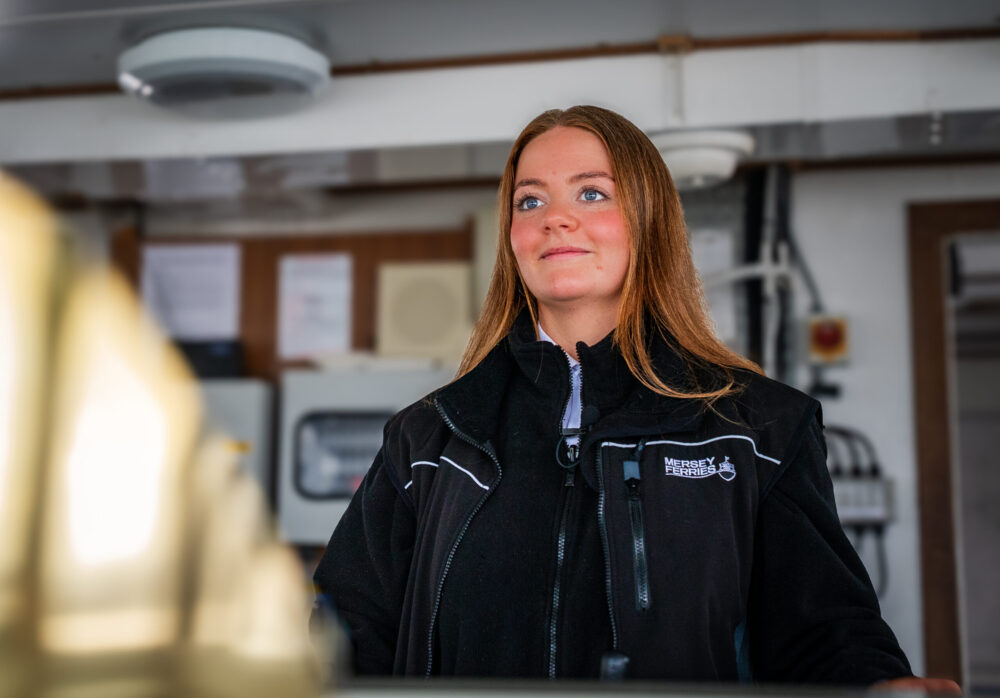
Latest
This incredible new stem cell research at Alder Hey aims to understand potentially fatal newborn bowel condition
2 years ago

New research being carried out by Bowel Research UK at Alder Hey Children’s Hospital in Liverpool aims to understand the causes and potential treatments for Hirschsprung’s Disease.
Hirschsprung’s Disease a rare condition which causes a blockage of the bowel and can lead to life-long issues with bowel control and, in a small number of children, death.
When an embryo forms, nerves in the rectum develop that enable the bowel to relax so that babies can poo. Hirschsprung’s Disease is a rare, inherited condition affecting 170 babies every year in the UK, where nerves do not develop properly, and poo builds up in the abdomen. This can sometimes cause infection, called enterocolitis, which may be fatal.
When Hirschsprung’s Disease is diagnosed, babies have surgery to remove part of their large intestine, which is then reconstructed. This leaves about 30% of children with chronic bowel problems including constipation, incontinence or inflammation, and 10% require a long-term stoma.
Dr Rachel Harwood, researcher and paediatric surgeon based at Alder Hey Children’s NHS Foundation Trust Hospital, said:
“No new parent wants to hear that their newborn baby has a condition that needs surgery and will likely affect them for life. While it’s good news that better awareness of this disease has meant that it’s usually picked up and treated early, the significant long-term effects of being born with Hirschsprung’s Disease means that looking for new treatments is important to affected children and families. Our research aims to understand Hirschsprung’s Disease better so that we can develop smarter treatments which improve their outcomes and quality of life.”
Nerves that control bowel function grow from specific stem cells. Researchers were surprised to find these stem cells were still present in babies with Hirschsprung’s Disease, indicating they had the potential for normal nerve development, but something went wrong.
This new project aims to understand what stopped those stem cells forming functioning nerves and whether those cells can be ‘switched on’ to grow functioning nerves in the patient retrospectively.
The start of the project coincides with British Science Week and International Women’s Day on Friday 8th March. The three lead researchers for this project – surgeons Dr Rachel Harwood and Miss Sarah Almond, and scientist Dr Bettina Wilm – are all keen to encourage more girls and women into scientific careers.
Lynn Dunne, CEO of Bowel Research UK, which is funding this research through a PhD, said:
“This project builds on research we funded at Alder Hey that revealed the presence of stem cells in the bowels of babies with Hirschsprung’s Disease. This discovery opened up avenues of research that could yield new, less severe treatments, which are crucial in a disease that affects newborn babies.”
Find out more about Bowel Research UK HERE.









 Subscribe
Subscribe Follow Us
Follow Us Follow Us
Follow Us Follow Us
Follow Us Follow Us
Follow Us Follow Us
Follow Us











